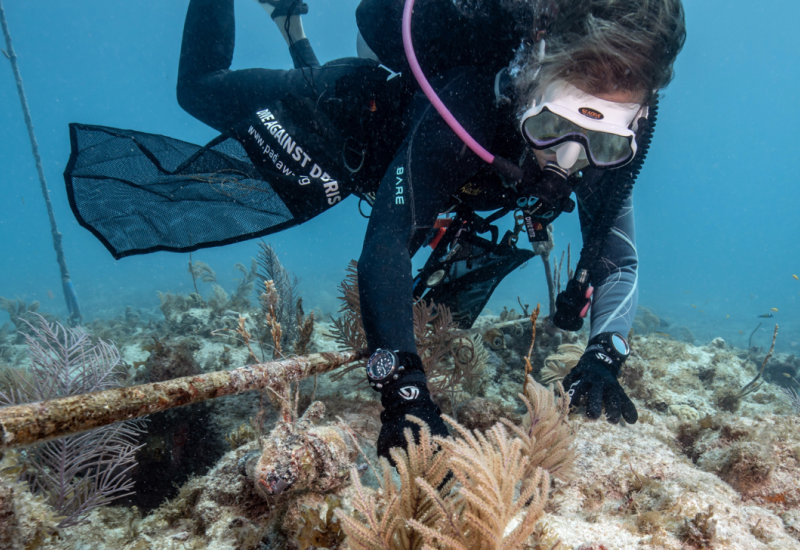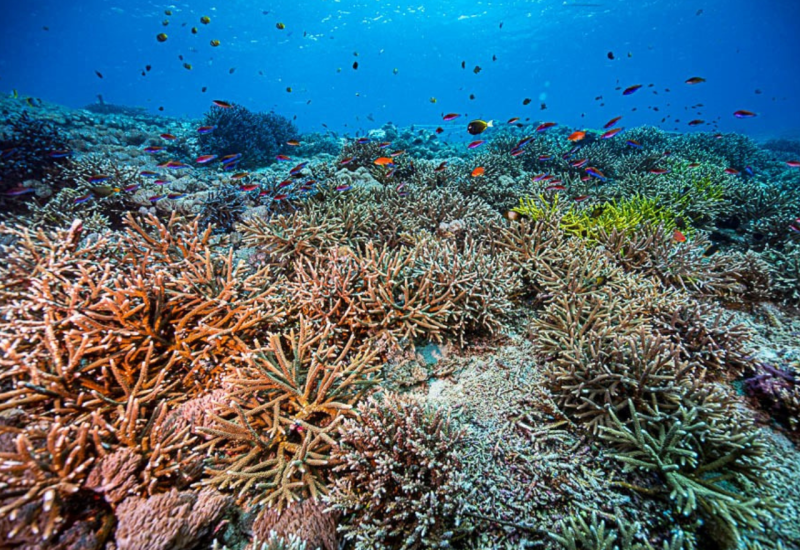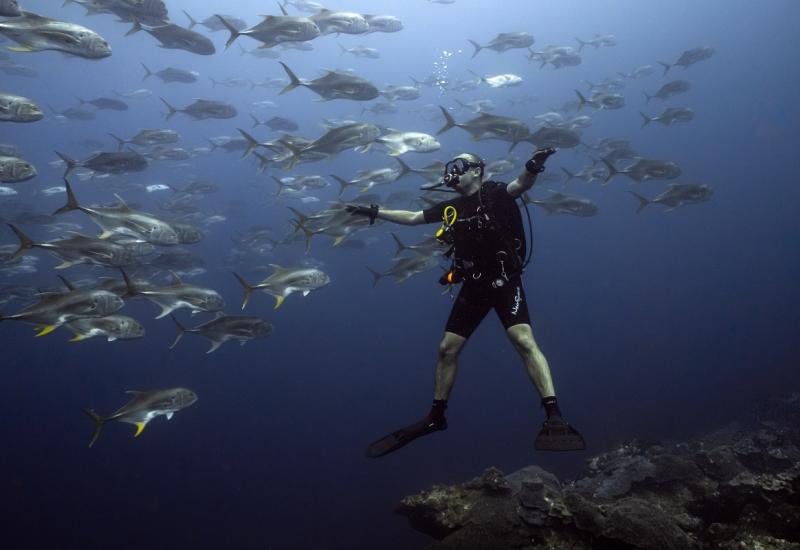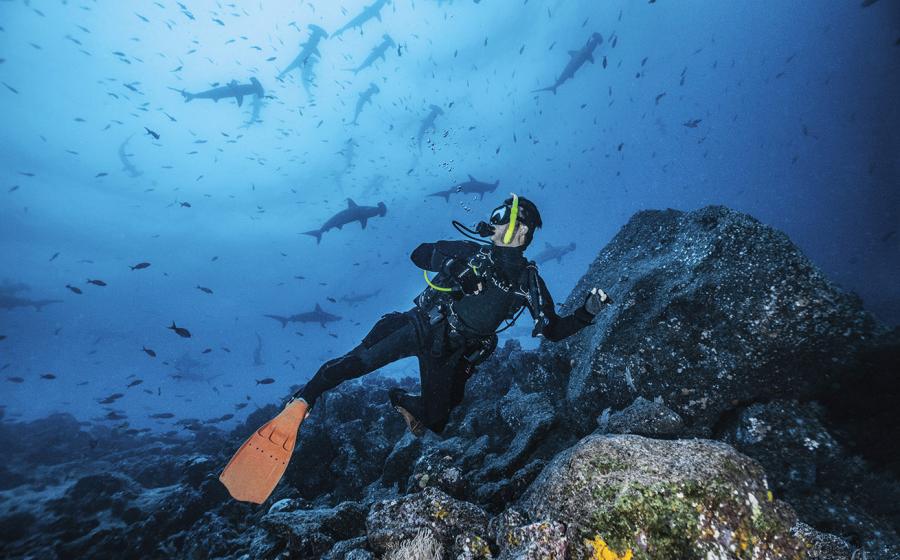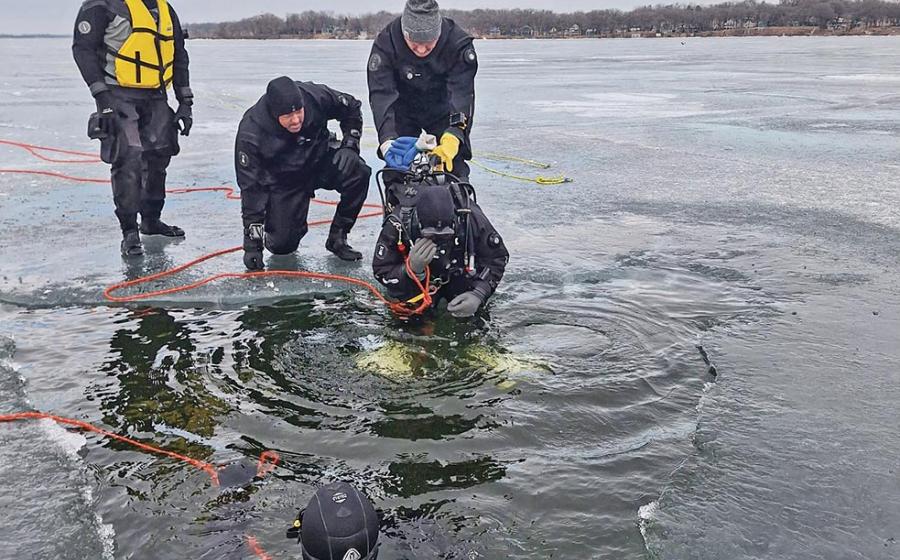From Cold Water to Tropical Malaysian Coral Forest
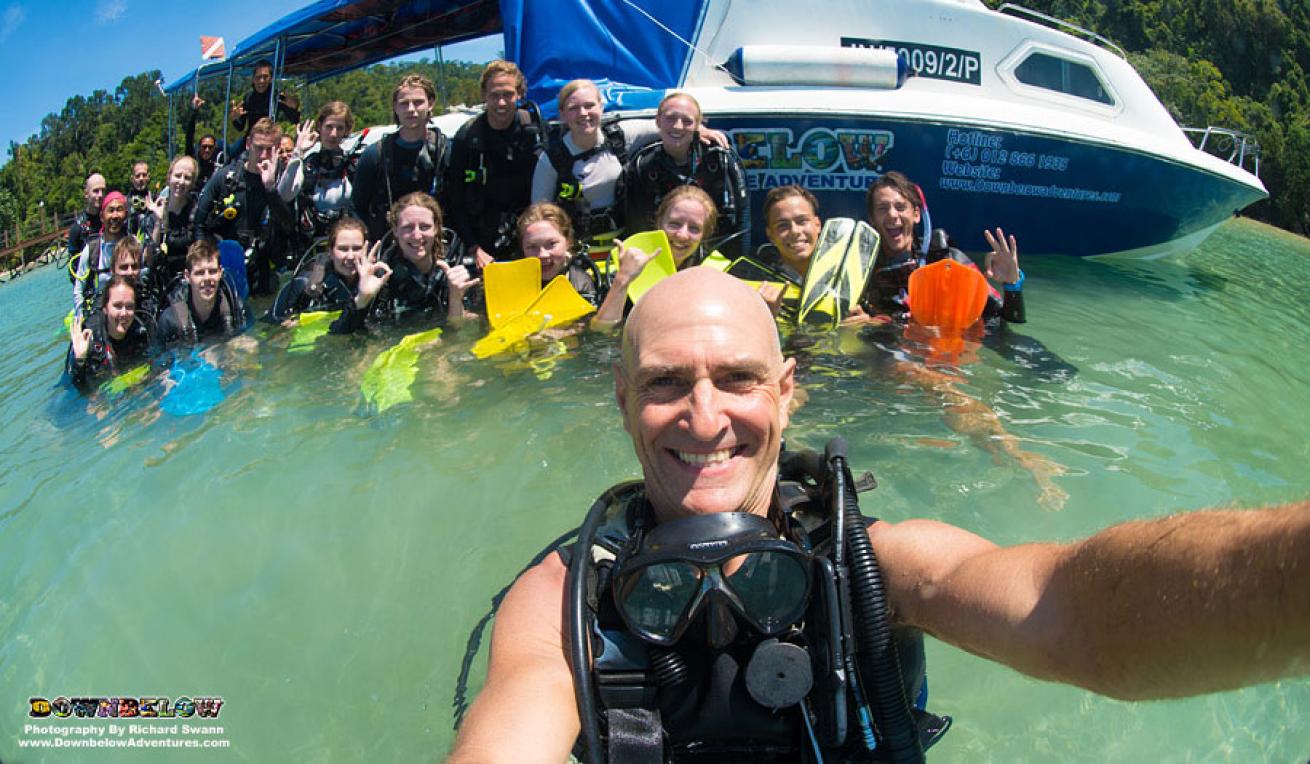
Richard SwannRichard Swann traded in the cold water dives of United Kingdom for a different way of life in Malaysia.
Diving since the late 90’s, Richard Swann learnt to scuba in the cold waters of the United Kingdom and went on to run his own successful dive school. Yet it was on a trip to Sipadan, Malaysia in 2001 that he and his wife Joanna chose a different way of life.
“We fell in love with Sabah for its marine and wildlife diversity. We can go scuba diving, jungle trekking, white water rafting and climb mountains in all close proximity.”
They soon set up their own business Dive Downbelow where Swann, a PADI Platinum Course Director made diving his life, his career, his passion and his recreation.
Thirteen years on and the dive resort now attracts university students from all around the world. Explains Richard, “We regularly conduct university field trips. My role is to provide the training to teach students how to conduct marine surveys in the real world.”
Richard openly confesses it is his “favorite program to teach”, describing the genuine interest and enthusiasm of students as “inspiring”.
Yet among the awareness, education and science led surveys, Swann describes a darker side to the work he and his dive team carry out. It’s out on the coral reef that an inexperienced or less considerate fisherman tries his luck net fishing too close to the reef.
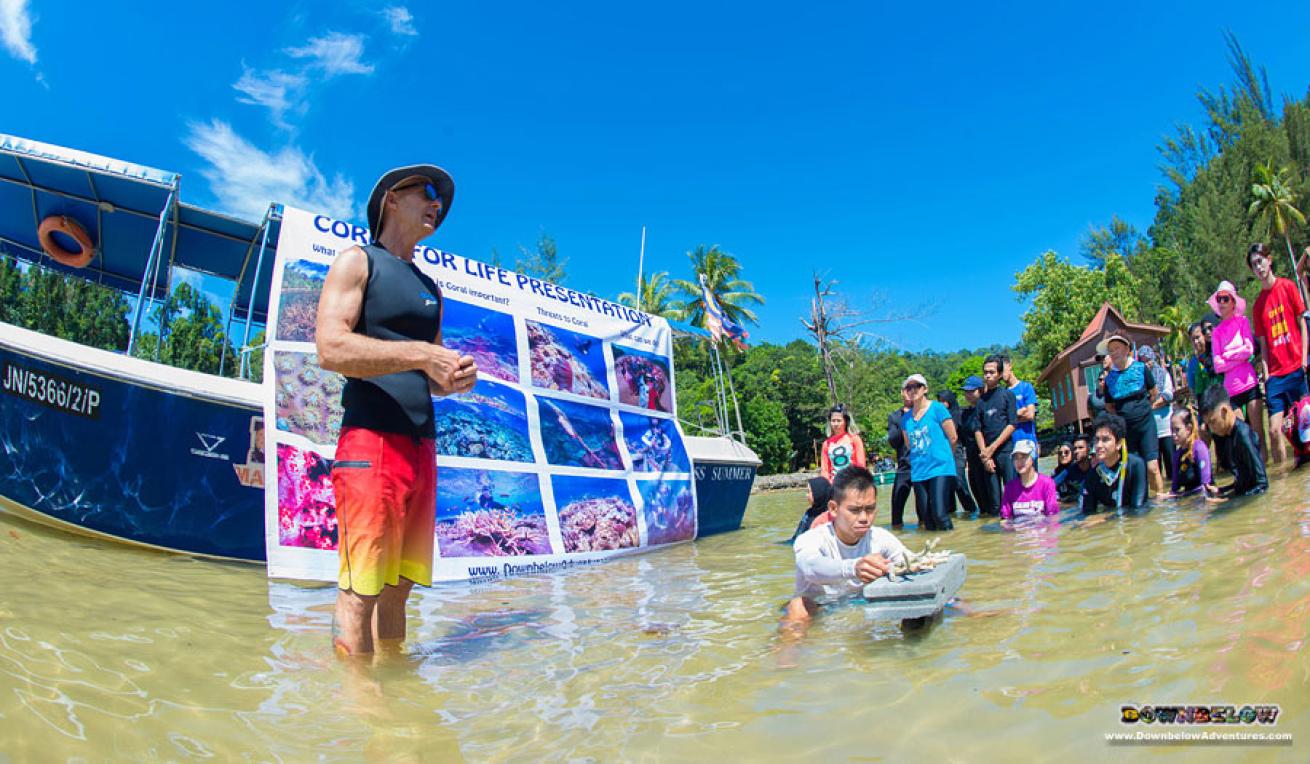
Richard SwannSwann enjoys hosting and teaching university students when they visit the resort.
The result? Fishing nets snagged and entangled on the coral bed. A lack of local authority presence and policing adds to the problem.
“For more than a decade we have removed hundreds of ghost nets from our local area. Most of them we come across while diving. Occasionally the local authorities ask us to assist,’ says Swann.
Varying in size from 100 metres to 300 metres long, the Dive Downbelow team discover sharks, turtles, crustaceans and all kinds of fish.
Swann describes the work involved, “Removing nets is hazardous work. Entanglement, air consumption increases due to the physical nature of the work involved. Sometimes we may even be bitten or stung by the creatures we remove from these nets.”
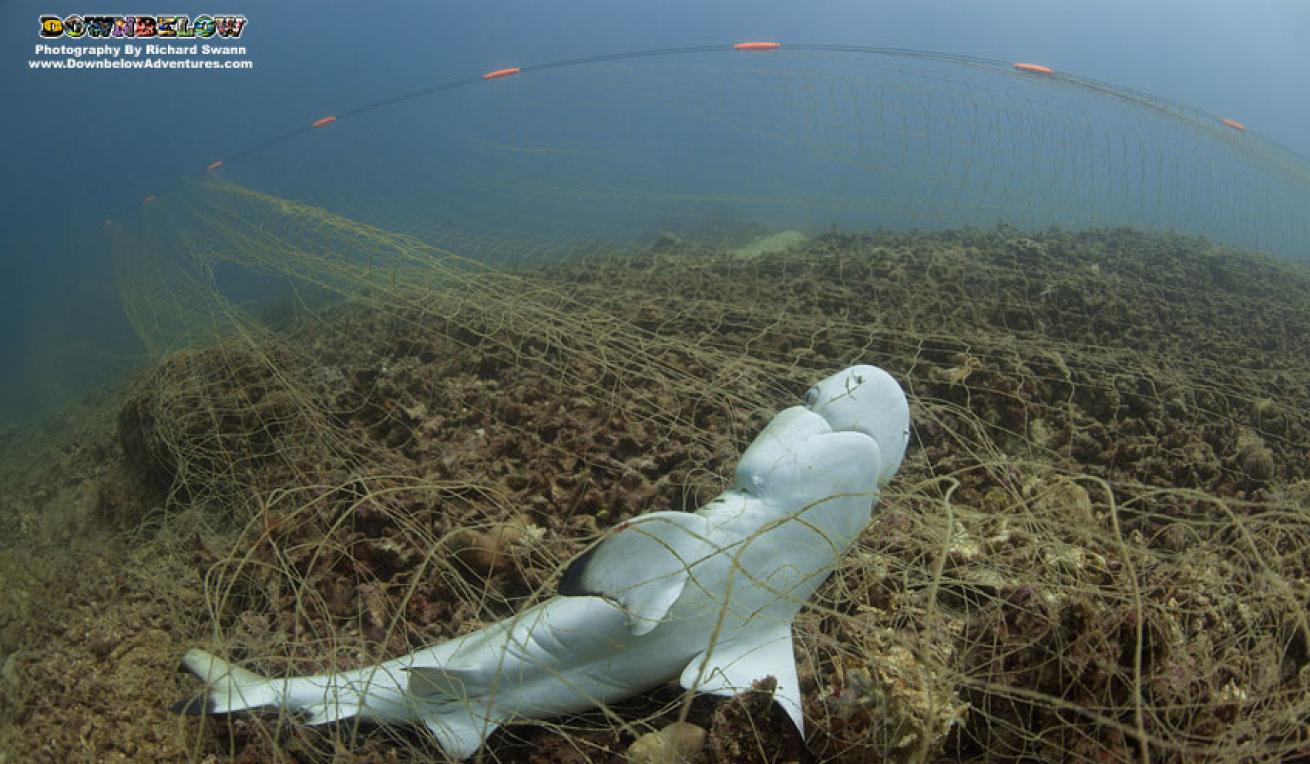
Richard SwannSwann has a dive staff team of 20 people who on any given day join in to find the abandoned fishing nets.
Removing ghost nets – abandoned fishing gear – is for experienced and well trained professional divers only. Swann has a dive staff team of 20 people so anyone who is available the day they find the nets joins. They also have between five to twelve GoPro interns at any one time completing professional PADI Divemaster and PADI Instructor courses at the PADI Course Director Center.
Adds Richard, “It’s very valuable experience for them to join, we train them accordingly. It’s our social responsibility to protect our environment and educate those around us.”
His determination to make a difference inspires all who he teaches. “Everyone needs to think about their own personal environmental footprint. The small changes we can make together can make a big difference.”
Follow Richard’s adventures at Project Aware.


